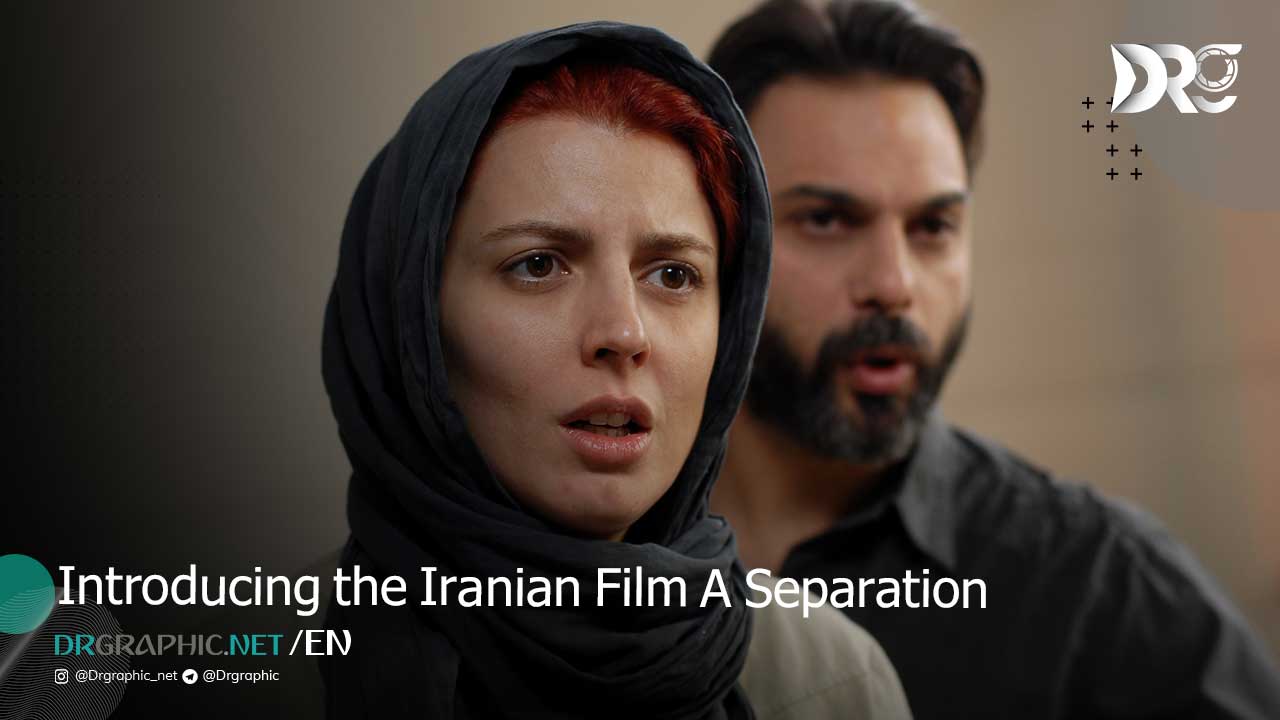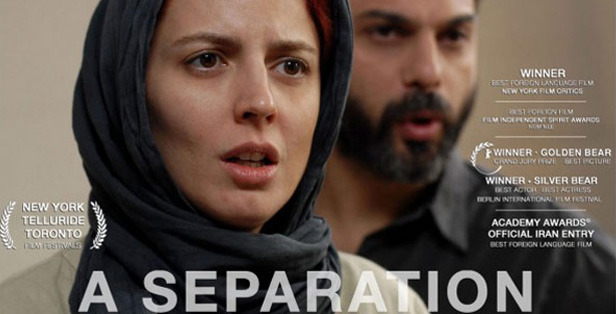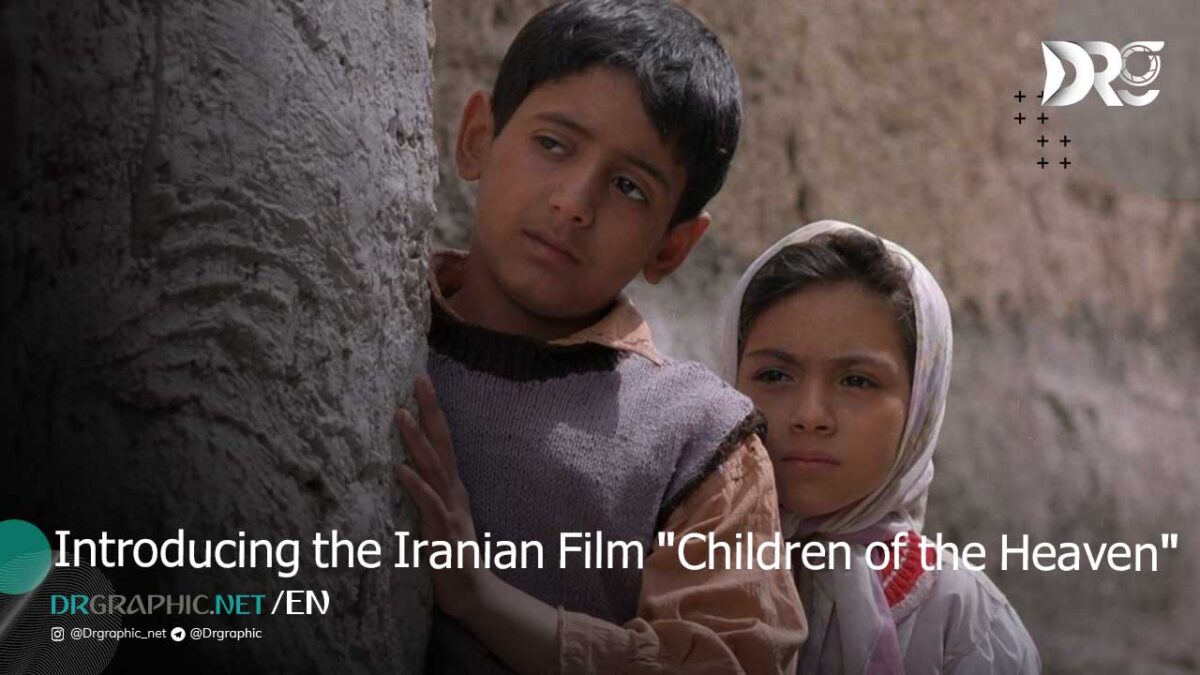Cinema has long been a powerful medium for storytelling, and Iranian cinema, in particular, has earned global recognition for its profound narratives, humanistic themes, and realistic portrayals of society. Among the most critically acclaimed Iranian films, A Separation (2011), directed by Asghar Farhadi, stands out as a masterpiece that captivated audiences worldwide. This article from Dr.Graphic explores the film’s plot, themes, critical reception, and impact on both Iranian and global cinema.
Plot Summary
A Separation follows the story of Nader and Simin, a middle-class Iranian couple on the verge of divorce. Simin wants to leave Iran for a better future for their daughter, Termeh, while Nader refuses to leave, as he must care for his father, who suffers from Alzheimer’s disease. Their disagreement leads to Simin moving out, leaving Nader to hire Razieh, a devout and financially struggling woman, to care for his father.
A series of events escalate when Nader accuses Razieh of negligence, resulting in a confrontation that leads to her miscarriage. This incident sets off a legal and moral battle, questioning truth, justice, and the nature of responsibility in a complex social landscape.
Themes and Symbolism
1. Moral Ambiguity
One of A Separation’s greatest strengths is its ability to present characters with realistic complexities. There are no clear heroes or villains; instead, every character is driven by their circumstances, beliefs, and personal struggles. The film raises questions about ethics, justice, and the consequences of human decisions.
2. Class and Social Inequality
The film highlights the contrast between Iran’s middle class (Nader and Simin) and the struggling lower class (Razieh and her husband, Hodjat). Financial hardship, education, and social status play a crucial role in how conflicts unfold and how justice is served.
3. Gender and Family Dynamics
The struggles of Simin and Razieh illustrate the challenges faced by women in a patriarchal society. Simin, an educated woman, seeks independence but faces resistance, while Razieh, bound by religious and social constraints, is forced into a desperate situation to support her family.
4. The Justice System and Truth
As the legal case unfolds, the film exposes flaws in the Iranian judicial system, where personal testimonies, honor, and social standing influence decisions more than objective truth. It reflects a broader theme of how truth can be subjective, depending on perspective and personal biases.
Critical Reception and Global Recognition
A Separation received widespread critical acclaim and numerous awards, making history as the first Iranian film to win the Academy Award for Best Foreign Language Film (2012). Other notable accolades include:
- Golden Bear for Best Film at the Berlin International Film Festival (2011)
- Golden Globe for Best Foreign Language Film (2012)
- BAFTA Award for Best Film Not in the English Language (2012)
Critics praised Farhadi’s screenplay, direction, and the film’s naturalistic performances. The New York Times called it “a quietly devastating portrait of a fractured society,” while Roger Ebert described it as “a film of great emotional depth and moral complexity.”
Impact on Iranian and Global Cinema
- Bringing Iranian Cinema to the Global Stage
A Separation reinforced Iran’s position in world cinema, proving that Iranian filmmakers could create universal, human-centered stories that resonate beyond cultural boundaries. - Influencing Narrative Storytelling
The film’s realistic dialogue, documentary-style cinematography, and non-judgmental storytelling have inspired many filmmakers, both in Iran and internationally. - Encouraging Social Commentary in Films
By tackling themes of justice, gender roles, and social inequality, A Separation encouraged more Iranian filmmakers to explore contemporary social issues in their work.
Read more:
Final Thoughts
A Separation is more than just a film; it is a profound exploration of human relationships, ethics, and the struggles of modern Iranian society. Through its gripping narrative, powerful performances, and masterful direction, Asghar Farhadi created a cinematic gem that continues to spark discussions worldwide.
Whether you are a fan of world cinema or new to Iranian films, A Separation is a must-watch that offers a thought-provoking and deeply emotional experience.
Resources: IMDB _ WIKIPEDIA
How useful was this post?
Click on a star to rate it!
Average rating 5 / 5. Vote count: 2
No votes so far! Be the first to rate this post.











